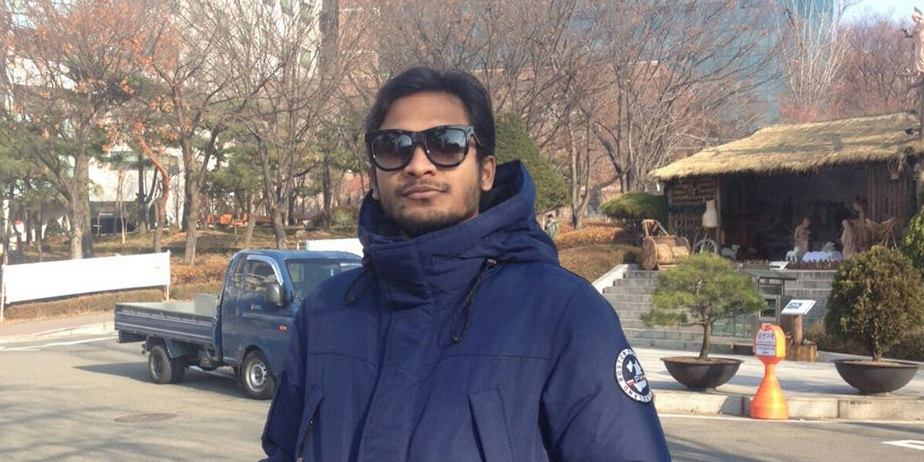Months after denying entry to Kislay Kumar, a student at Sogang University in Seoul, The Fountain bar has issued a formal letter of apology. “First I’d like to apologize for what happened last June,” the letter from The Fountain’s owner Yoo Seung-woo, states. “I know nothing I can say can address the hardship you experienced, but nevertheless I’d like to convey my regrets.”
The letter carries an apology for the “immature” handling of Kumar’s case. Yoo also wrote that he has learned a lot from the incident, and talks about how he has reflected on how to handle misunderstandings between Koreans and foreigners.
The incident, which happened in June, was captured on video, which went viral. In the video, a bouncer of The Fountain bar at Itaewon can be heard saying: “No Indians. It is a rule. No Kazakhstan, no Pakistan, no Mongolia, no Saudi Arabia and no Egypt. It is a rule.”
Kumar, however, wrote on his Facebook that since South Korea has no anti-discrimination law, he didn’t know how to go about the redressal of the issue. He, along with the Indian Embassy and the National Human Rights Commission, tried to get a formal letter of apology from the bar for months.
Kumar said he didn’t need monetary compensation from the bar, just a formal acknowledgment that they had made a mistake. “My motive was not to put them down or anything, just to get a message that if you do something wrong, there’s a way to, with the help of organizations, get some result,” Kumar told Korea Exposé on phone.
Foreigners being kept out of public establishments such as bars is not a rare occurrence in South Korea. In 2011, a woman from Uzbekistan was denied entry to a public bath house in Busan as the staff pointed out that there were concerns that she would make the bath water dirty. A bar in Seoul last year refused non-Koreans saying that its staff couldn’t speak English. While the Ebola crisis in 2014 was happening, a Seoul bar put up a sign banning Africans from entering the bar.
The publication quoted Kumar as adding that while South Korea has a long way to go to become a truly inclusive society, he hopes his case highlights the need for an anti-discrimination law. “This one incident can make people cautious about their actions, but it can’t change their mentality,” Kumar said. “It has to come in the textbooks. The mind has to be opened and that has to come through education.”
Kislay Kumar is pursuing a masters degree in international trade at Sogang University. He is also an alumnus of the Jawaharlal Nehru University, where he did a graduate course in Korean Studies.
